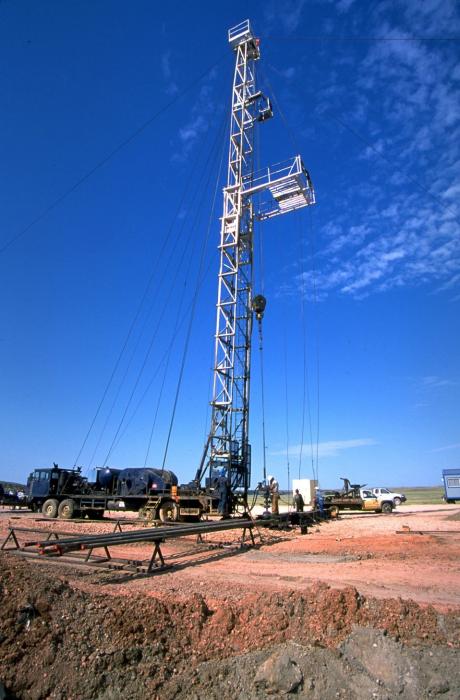Overview
Examine possible correlations between independently acquired datasets dynamically using open source methods and sources.
Lesson Objectives
- Identify the stakeholders in hydraulic fracturing.
- Describe and categorize the possible ethical issues that emerge in the use of scientific and engineering research on hydraulic fracturing.
- Analyze the potential ethical issues around transparency of reporting, hydraulic fluid contents, and the projected certainty around well leakages.
- Categorize and justify the potential ethical issues as Research Integrity, Broader Impacts, or Embedded Ethics.
- Advanced Options:
- Level 1: Describe how groundwater is sampled and how, depending on which of the sampling methods is applied, can possibly change the understanding of the risks associated with methane leakages.
- Level 2: Define what the term "appropriate" means in the discussion of Appropriate Wastewater Management Options.
What is due for Lesson 6?
This lesson will take us one week to complete. Please refer to the Course Syllabus for specific timeframes and due dates. Specific directions for the assignment below can be found within this lesson.
| Requirements | Assignment Details |
|---|---|
| To Do | Read and familiarize yourself with all the Lesson 6 materials. |
| Read | Week 9: Read the following articles, in order:
(Note, yes, you are supposed to reread the Science article "Impact of Shale Gas Development on Regional Water Quality" at the end.)
|
| Assignment | Week 9:
|
Questions?
If you have any questions, please post them to our Questions? discussion forum (not email), located under the Discussions tab in Canvas. I will check that discussion forum daily to respond. While you are there, feel free to post your own responses if you, too, are able to help out a classmate.
